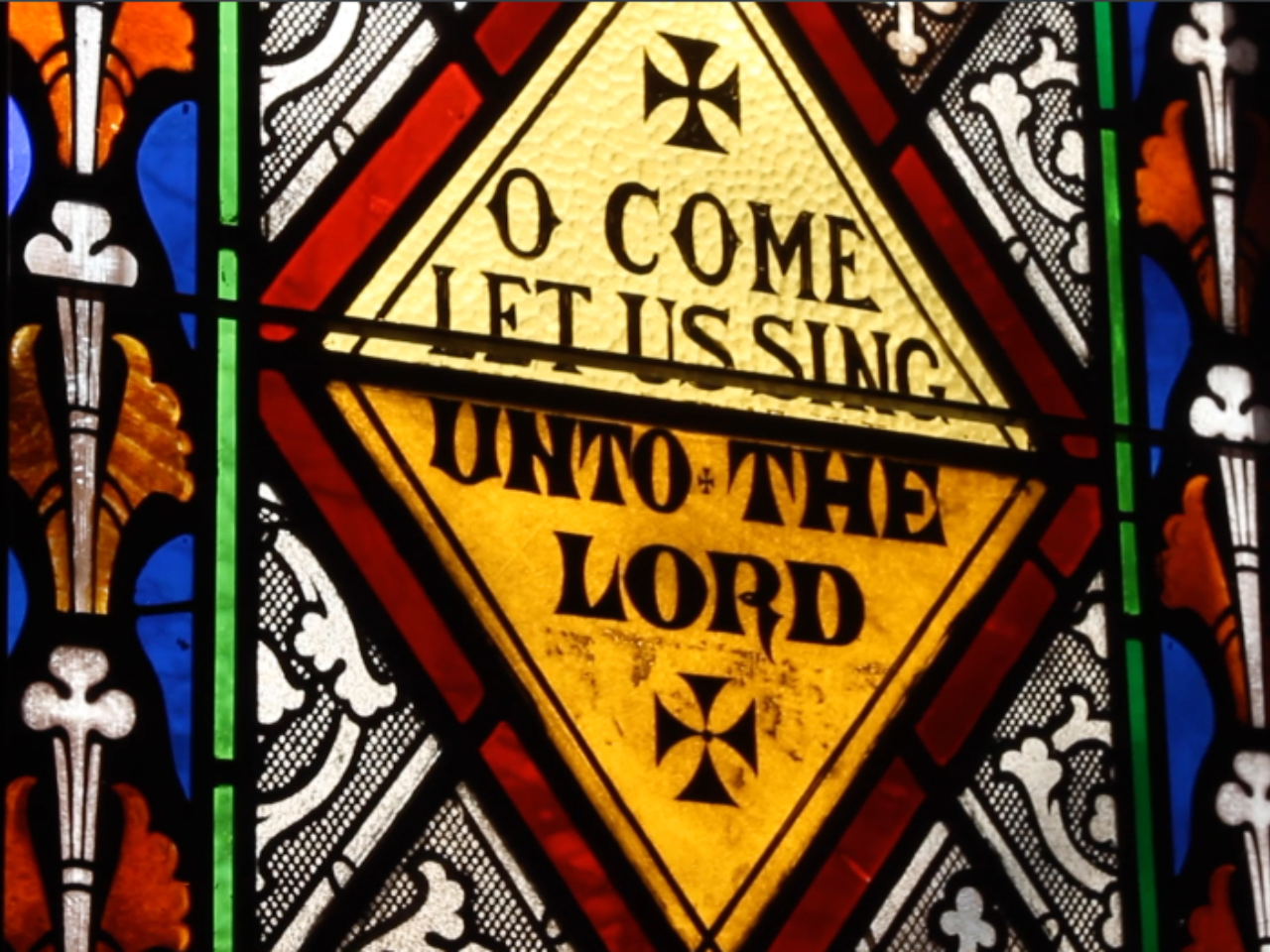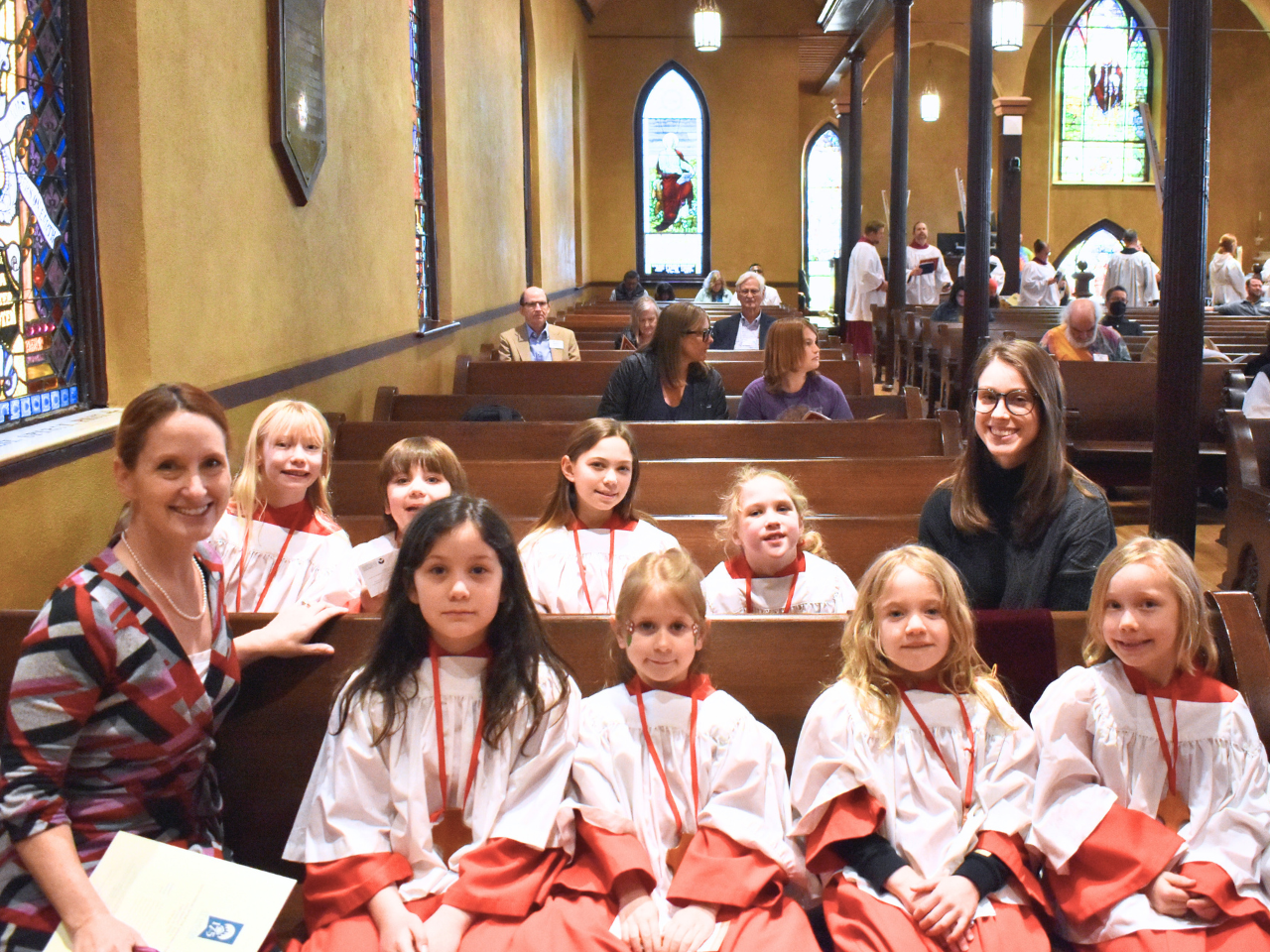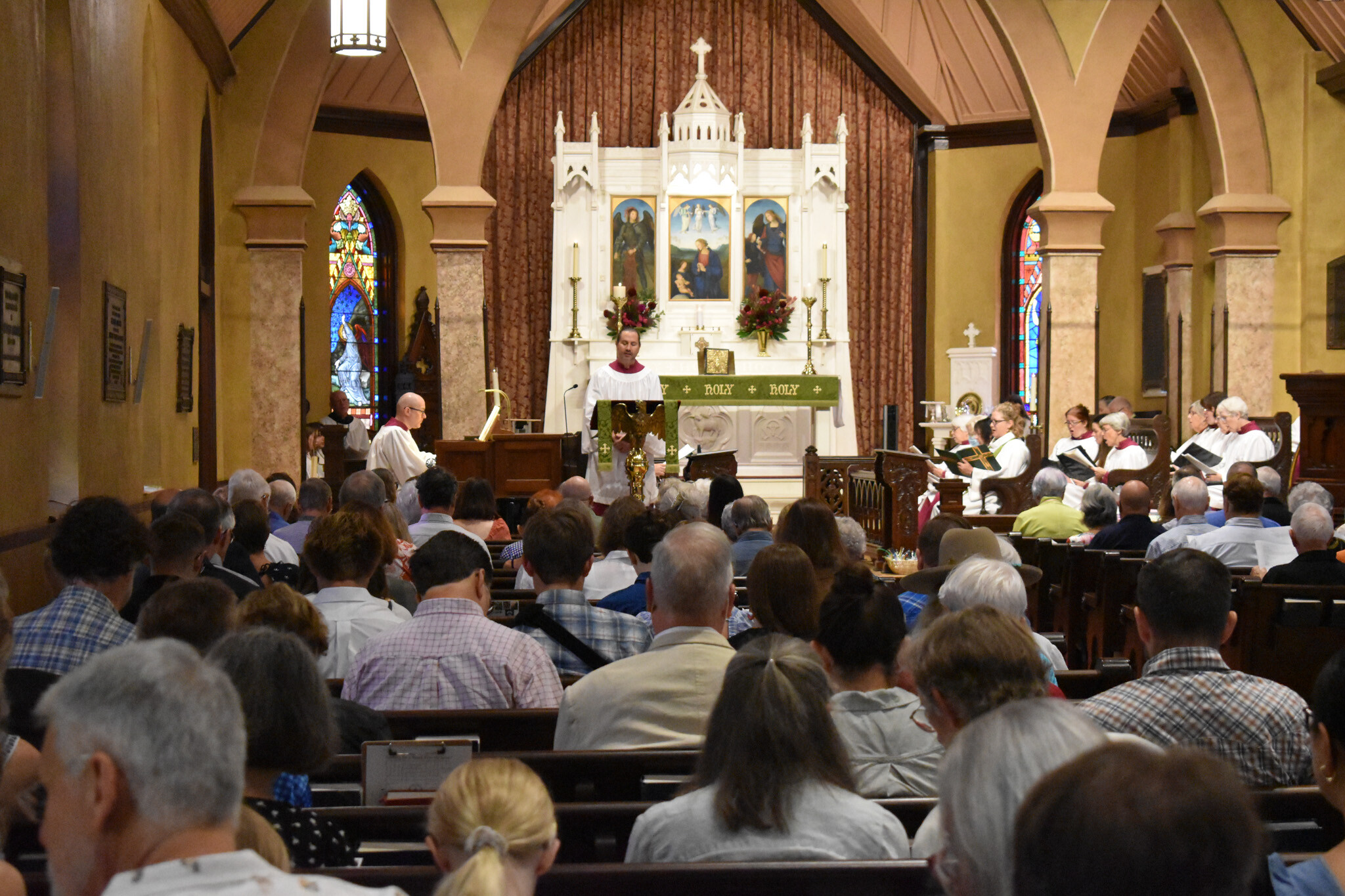
On the nineteenth of June (‘Juneteenth’), Americans celebrate the abolition of slavery in Texas and more broadly throughout the Confederate South. It was on this date, in 1865, in Galveston, that General Order No. 3 was promulgated.
According to that order, Black Americans were considered free and equal in theory – but they were also advised to stay put, stay down, and stay quiet. Our society’s brutal and too often successful impulse to maintain this state of affairs is still very much alive, and looking just two floors below my office at 7th and Trinity, for example, it might be easy to see Juneteenth as a hollow celebration.
The present circumstances are signs of the great labor in which our world groans: we are promised freedom, but we wait to see it come to full flower; the demons and powers of this world working around and through us still, for a little while longer, hold it in thrall. I need only listen out my window as I write this to hear some of them, or turn on the news to see others.
And yet this Sunday the Apostle claims that the promise of equality, unity, true identity, and belonging is already being fulfilled in Christ:
As many of you as were baptized into Christ have clothed yourselves with Christ. There is no longer Jew or Greek, there is no longer slave or free, there is no longer male and female; for all of you are one in Christ Jesus. And if you belong to Christ, then you are Abraham’s offspring, heirs according to the promise.
Galatians 3.23–29
And Our Lord himself, in healing the Gerasene man possessed by demons [Luke 8.26–39], shows us what freedom from what our baptismal renunciations call ‘the evil powers of this world which corrupt and destroy the creatures of God’ looks like:
Possessed by demons, we are naked.
In Christ, we are fully clothed.
Possessed by demons, we reside among the dead.
In Christ, we are made alive.
Possessed by demons, we are separated.
In Christ, we are all one.
Possessed by demons, we are shackled.
In Christ, we are truly free.
Possessed by demons, we do not know our own names.
In Christ, we know our true selves, even as we are fully known.
Possessed by demons, we are out of our minds.
In Christ, we use our minds aright: to sit at his feet;
to praise God; to tell of divine love and healing grace.
Our hymns this Sunday speak repeatedly of this unity in Christ and common status as children of God. Our Sequence hymn, ‘Baptized in water’ [294; also found, with the tune we introduce this week, in Lift Every Voice and Sing and Wonder, Love, and Praise], is based in part upon the Epistle: not only are the baptized, having died to sin, ‘one with [Christ’s] rising, freed and forgiven’; we are ‘born of one Father’; ‘we are his children’. Our Communion hymn, ‘How like a gentle spirit deep within’, [113 in Lift Every Voice and Sing], also affirms that ‘all humankind is one by God’s decree’. Our closing hymn, ‘God is love: let heaven adore him’ [379], likewise reminds us that ‘Love enfolds... all the world in one embrace... every child of every race’, and boldly claims that the powers of evil will not have the last word.
The freedom already mentioned in ‘Baptized in water’ is another major theme in our hymnody. The Song of Zechariah, one of several canticles found in the Gospel of Luke (which is often noted for its concern for those at the margins of society), is full of this language: freedom, release, redemption, liberty, mercy, peace, are the words used in the hymn-paraphrase of this canticle [444] with which the liturgy begins.
We also hear that God laments the ways in which, in our time-bound and earthly existence, the divine promises are, or seem, as yet unfulfilled: ‘when human hearts are breaking... then we find that selfsame aching deep within the heart of God’, says ‘God is love’. Indeed to celebrate our essential unity and freedom in Christ does not erase and must not ignore our material circumstances, including the very real divisions and inequities that exist among us. On occasions like this Sunday, for example, while hoping to celebrate Black American history, achievements, struggles, strengths, and more, we must ask how and whether our impulse to use of the work of Black composers and writers and traditions demonstrates respect to them (and what is and should be meant by ‘respect’), what happens when this music is removed from its original context (and what happens when it is planted in another), and what is required of us to face and repair the actions, past and present, that have brought about the conditions in which it was created.
While that work goes on, and whatever its results, these musicians’ distinguished careers and creations speak for themselves:
Dr. C. Eric Lincoln (1924–2000), author of ‘How like a gentle spirit’, was a scholar of religion and sociology who taught at a number of universities concluding with Duke, and who published a number of works of nonfiction particularly on race and religion, a novel, and a collection of poetry.
Dr. Eugene W. Hancock (1929–94), composer of the tune to which we sing ‘Baptized in water’, was a church musician, professor, and composer for organ, choir, voice, and other forces active for many years in New York City. This music, whose pentatonic (five-note) melody and syncopated rhythms perhaps link it to the spiritual tradition, provides a fine garment for a newer text that has been underused due to the difficulty of the tune written for its appearance in the Hymnal. Having introduced Hancock’s tune this Sunday, we will have another opportunity to sing it in a few weeks’ time and look forward to folding it into our repertory. Other work by this gifted composer awaits our discovery.
Dr. Carl Haywood (b. 1949), composer of this season’s unassuming and therefore hard-wearing 11:15 Fraction anthem, has been longtime professor at Norfolk State University and organist/choirmaster of Grace Church, Norfolk; he has also served in national music-related bodies of the Episcopal Church and has contributed significantly to the Church’s supplements to the Hymnal 1982. Haywood’s church music spans a range of both European- and African-American traditions.
The familiar spiritual ‘There is a balm in Gilead’ [676] has a complex history, partly known from a series of publications in which the text and tune can be seen moving toward their modern shape (first published in 1907), and partly unknown due to its evolution through oral tradition; it demonstrates the common roots and loosely interwoven developments between African- and European-American musical and textual repertories, particularly in the semi-folk realm of religious song. We sing ‘There is a balm’ congregationally at 9:00 in an arrangement [676] by David Hurd (b. 1950), a prominent composer, concert organist, and Episcopal Church musician (most notably in a 39-year tenure at the General Theological Seminary) many of whose congregational settings grace the Hymnal and its supplements. At 11:15 the choir sings an anthem setting by William L. Dawson (1899–1990), a graduate and later founder of the School of Music at the historically Black Tuskegee Institute (now University), whose choir he developed into a nationally known ensemble and whose arrangements of spirituals have been continuously well-known and often sung by choirs across the country and abroad.
The Mass of Plenty by Rob Glover, from which this season’s 9:00 Sanctus setting comes, is derived from the spiritual ‘Plenty good room’ (unacknowledged in its reprinting in the Episcopal Church’s Hymnal supplement My Heart Sings Out), reflecting white musicians’ interest in and use of music from other traditions: another facet, perhaps, of the kind of interplay just mentioned, albeit one in which it is imperative to address the inherent problems of power, privilege, credit, and legitimacy. Musico-liturgical concerns and the technics that address them also arise: as with the service music we have just been singing at 9:00 in Eastertide, a Sanctus from Grayson Warren Brown’s full-on Gospel Mass for a Soulfull People and a ‘Christ our Passover’ from Eucharist of the Soul by Lena McLin (likewise in the case of much Anglo-American 19th- and 20th-century choral literature), I have adapted the accompaniment to an idiom suitable for the organ and for St David’s musical, acoustical, and liturgical context – I hope respectfully, creatively, stylishly, and without erasing all trace of their origins.
In both our Old Testament Lesson and Gospel this Sunday, we encounter fear: the prophet Elijah has fled from a threat upon his life for calling the powerful to account; the Gerasene people are ‘seized with great fear’ at the sight of the demon-possessed man made whole. Both the act of pointing to the Kingdom of God and the prospect of truly embracing its demands and rewards may terrify us as well, as we may be forced to leave much behind. Yet our faith calls us to seek and sow healing and reconciliation, justice and mercy, freedom and release, for all, just as we have received these things in Christ.




Login To Leave Comment